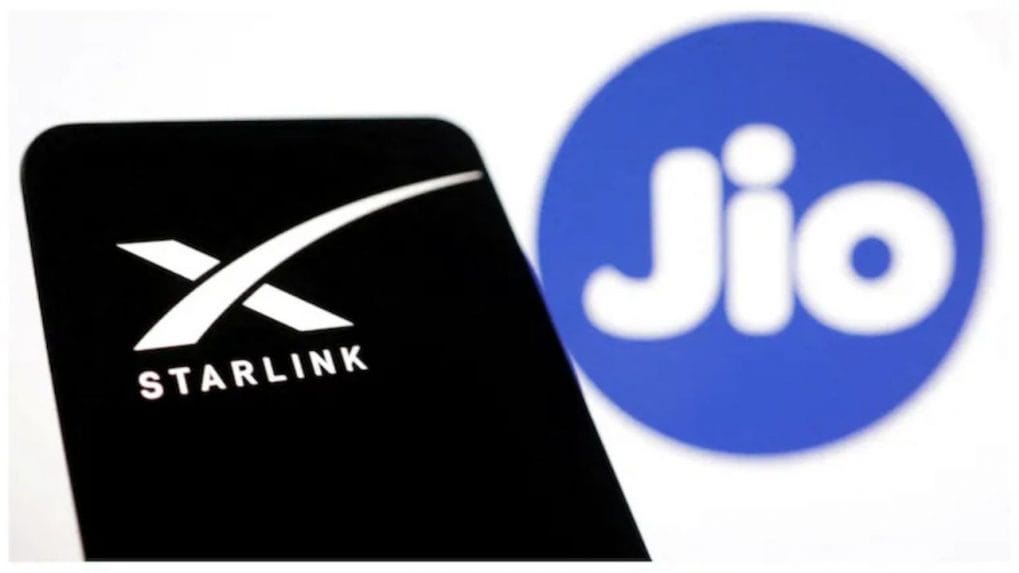Starlink poised to enter India's satellite internet market as third licensed provider
Elon Musk's Starlink secures key regulatory approvals, joining OneWeb and Jio in expanding satellite broadband services across India.
ADVERTISEMENT
Elon Musk's Starlink is on the verge of launching satellite internet services in India, having received a Letter of Intent (LoI) from the Department of Telecommunications (DoT) for a Global Mobile Personal Communication by Satellite (GMPCS) licence. The company is now close to receiving official approval to operate in India, Union Minister of Communications Jyotiraditya Scindia confirmed to media.
This development positions Starlink alongside Bharti-backed OneWeb and Reliance Jio's satellite arm as the third licensed provider in India's burgeoning satellite broadband sector.
“At present, OneWeb and Reliance are the two companies that hold licences for satellite-based internet services,” the Minister said. “Starlink is also nearing the end of the licensing process. With the LoI already in place, I expect the company to be granted its licence shortly.”
The company reportedly is also in the process of obtaining final clearance from the Indian National Space Promotion and Authorization Centre (IN-SPACe), which is expected soon. Following this phase, the Telecom Regulatory Authority of India (TRAI) will draw up the regulatory framework for how satellite spectrum will be distributed for commercial use.
Read more: Indian telcos slam TRAI’s satellite spectrum pricing as 'unjustifiably low'
This move is anticipated to enhance internet connectivity in remote and underserved regions of India, aligning with the government's vision of digital inclusivity. However, the entry of satellite internet providers like Starlink has raised concerns among existing telecom operators, who argue that the proposed lower spectrum fees for satellite services could disrupt fair competition.
Recently, Indian telecommunication companies have expressed concerns regarding the TRAI's satellite spectrum pricing and called it as 'unjustifiably low'. In a letter sent to Department of Telecommunications (DoT), the telecom industry body Cellular Operators Association of India (COAI) has pushed back against the recommendations saying that they fail to account for level playing field issues.
It said, “The recommendations provide a regulatory advantage to commercial NGSO (non-geostationary earth orbit) satellites against terrestrial broadband service providers and, if accepted by DoT in their present form, will undermine competition.”
Read more: TRAI recommends 5-year satellite spectrum allocation, extendable by two
India's telecom regulator has recommended allocating satellite communication spectrum for a five-year period, charging operators 4% of their adjusted gross revenue (AGR). This move aims to facilitate the entry of global satellite internet providers, including Elon Musk's Starlink, into the Indian market.
However, major Indian telecom operators, notably Reliance Jio and Bharti Airtel, have criticized these recommendations.


